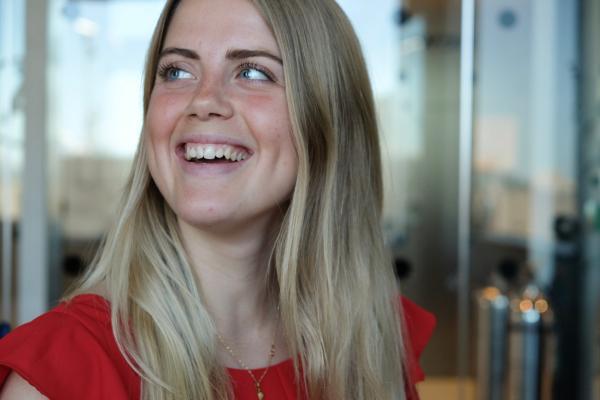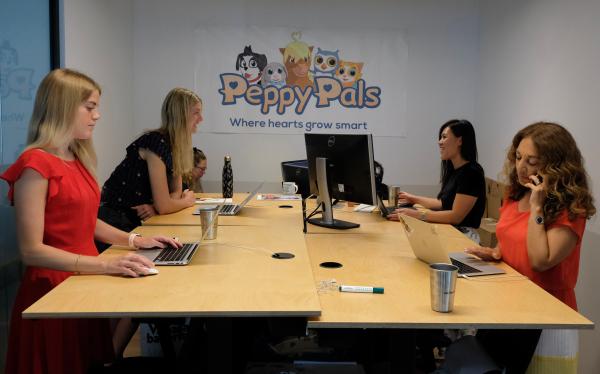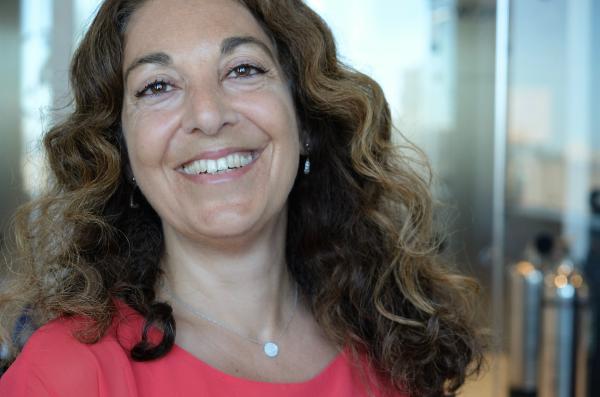The Swedish start-up Peppy Pals has created animal characters in an app that helps children develop skills such as empathy and sharing
By Chris Welsch
As a mother raising two daughters in Sweden, Rosie Linder couldn’t find playful ways to explore emotional intelligence with her children.
“How do you teach empathy? How do you explain empathy to a five-year-old kid?” she asked. “As a parent you don’t get a drivers’ licence for how to raise a good child and a kind individual. For kids to learn, it has to be fun and playful. There are lots of math, reading and language learning games, but I saw a lack of playful ways to teach kids emotional intelligence.”
She had seen how games could be very effective in teaching — though the lesson was often in the form of a competition that resulted in winners and losers. She wondered if there was a way to create games that would teach her children how to share and how to help and understand others.
“Why do we use the power of games to teach children to shoot each other or put makeup on Barbies? Why not create some meaningful games and teach them important skills such as empathy and managing emotions?”
So Linder, who had worked in the business world to that point, decided to try to “gamify” emotional intelligence, so that she and other parents would have an easy way to teach children about emotions, resiliency, collaboration and sharing.

Paulina Olsson, the chief executive of Peppy Pals.
A whole new game
She teamed up with a team of developers and a child psychologist to create the company’s first app, Peppy Pals Farm, which was released in 2014, with a cast of five animal characters to whom children can easily relate. The Peppy Pals team applied for loans and grants, and entered (and won) Swedish and international competitions to get its initial funding. Peppy Pals was a finalist in the 2015 EIB Institute Social Innovation Tournament.
The app resonated with parents and children right away, and, even without a budget for marketing, began to climb in the rankings globally on iOS, Amazon and Google Play.
The Peppy Pals app is easy to use because it doesn’t rely on language. The characters in the scenarios express universal responses to different situations through physical cues and facial expressions.
Linder described a typical scenario in the game: “The horse Sammy and the rabbit Gabby are both hungry. The horse can reach the hay, but the rabbit cannot, so the horse has two options — to either eat the hay and have a very unhappy friend or share it and see what happens. If you share with a friend, of course, you have a friend for life.”

The Peppy Pals team at work in the company’s Stockholm office.
Paulina Olsson, the company’s chief executive officer and one of its cofounders, said that the design of the game makes it easy for even small children to grasp in a powerful way.
“We invested in high quality animation — you can see the facial expressions and body language,” she said. “It creates a strong visual picture for kids to relate back to real life, and instead of saying what is right or wrong, we show consequences of one´s different actions.”
A 360-degree approach
As interest in the app and the Peppy Pals characters grew, book publishers and other media wanted to collaborate, Olsson said. “We launched a series of books in 2015 and 2016, and a short-form TV show in 2017.” The show, with episodes largely written by Linder and Olsson, aired on the Nordic streaming service Viaplay. In 2018, the company received a major endorsement in the form of an investment from LEGO ventures, which shares Peppy Pal’s vision of learning through play.
Now Peppy Pals is producing songs and a line of plush toys. “It’s really becoming a 360-degree system of products, both digital and physical, where kids can learn and play at the same time,” Olsson said.

Rosie Linder, the founder of Peppy Pals.
Olsson also emphasised that Peppy Pals with its loveable characters is a great starting point for families to engage in social and emotional learning. “We want to bring children and their parents together and inspire them to start conversations about what they see and learn in the stories,” she said. “Our goal is to spark kindness in every child, and for education to go beyond ABC and 123.”
Gro Eirin Dyrnes has a four-year-old daughter, Nelly, who has enjoyed playing with the Peppy Pals app. After she and Nelly played the game, Dyrnes said, “we had a great time discussing the different scenes. For example, in the scenario where the owl was angry because the horse ate its apple, my daughter said, ‘Oh no, the owl is angry, but the horse didn’t know that it was the owl’s apple it ate!’ I asked her what we should do, and her answer was ‘let’s see if we can find more apples for the owl and make it happy!’”
Dyrnes said the scenarios have come in handy in explaining other situations (like giving a pair of favourite shoes that no longer fit to charity), and helping her daughter manage her emotions.
Linder said that more and more people are realising the importance of emotional intelligence as a critical life skill.
“The World Economic Forum now lists EQ as one of the ten most important skills in the 2020 job market,” she said.
Olsson added that “we need to educate both the mind and the heart; and change from calling these qualities ‘soft skills’ to ‘essential skills,’ because these skills make up as much as 85% of our success in life. They determine how we manage emotions, how we deal with challenges and setbacks and perhaps most importantly how we build healthy relationships and work in teams.”